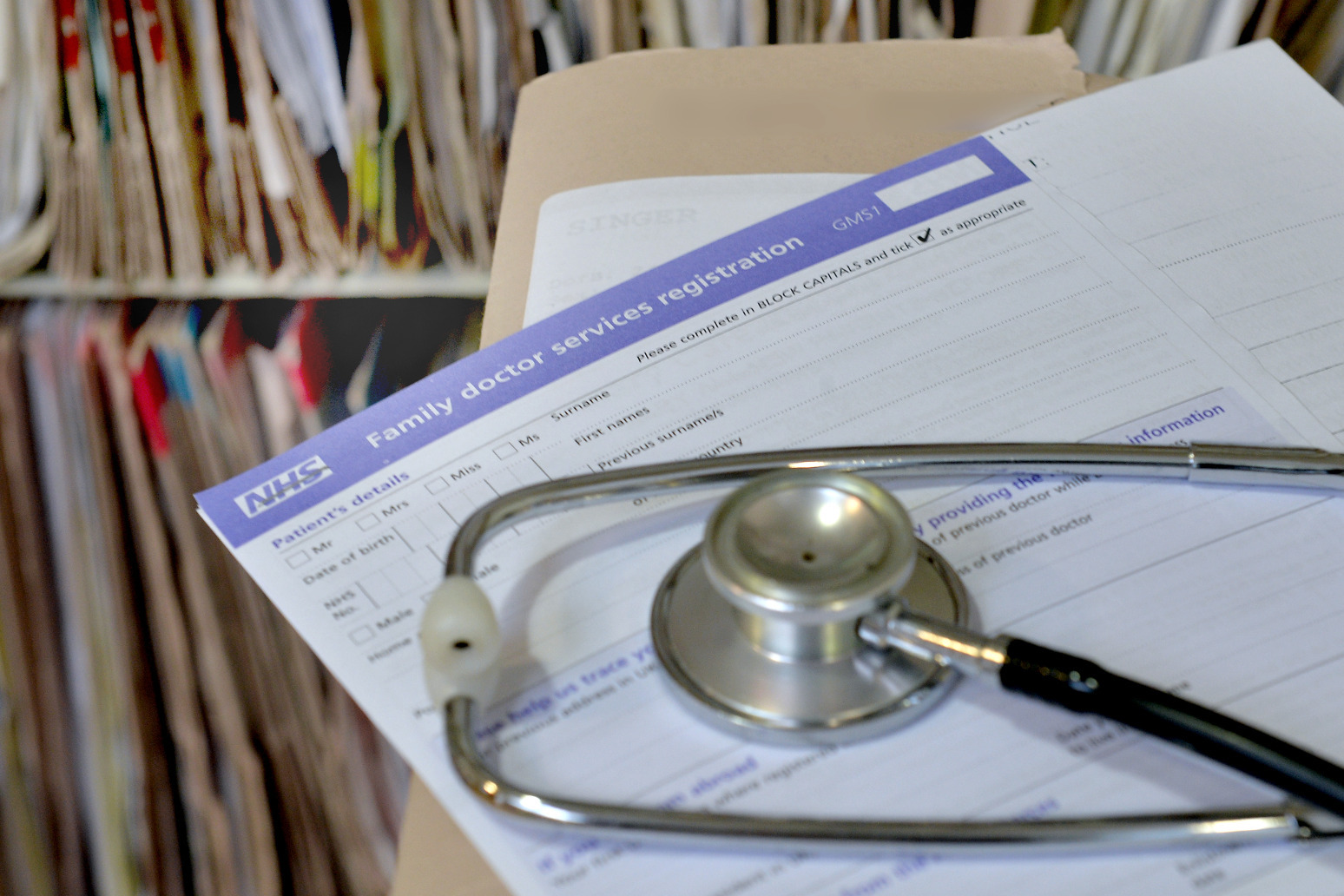
Help needed to back quality care for patients amid GP workloads
Professor Martin Marshall, the chair of the Royal College of GPs, believes the bond between a GP and their patient is under threat
Continuity of care is becoming increasingly difficult to deliver as intense GP workloads now amount to the “most worrying crisis in decades,” according to a medical leader.
Professor Martin Marshall, the chair of the Royal College of GPs (RCGP), believes the bond between a GP and their patient is based on trust, often built over time, and is under threat.
He is set to tell the RCGP annual conference in London that the challenges GPs face in having the time to try to really get to know their patients pose an “existential threat” to patient care and to the future of general practice in the UK.
In outlining a plan to try to help reinvigorate continuity of care for patients, Prof Marshall notes that building the GP-patient relationship needs time and space but GPs are working well beyond capacity.
GP consultations are currently the second shortest in Europe, with an average of three problems presented in a standard 10-minute consultation, he states.
In his keynote speech to more than 2,500 family doctors and primary healthcare professionals from 80 countries, he is set to call for the importance of relationship-based care to be made “more explicit and less mysterious” for policymakers and system leaders.
It comes after the RCGP said a survey of 1,262 of its members in England showed that 68% of GPs and GP trainees say they do not have enough time to assess their patients properly, with 65% saying patient safety is being compromised due to appointments being too short.
Only 39% of respondents said they were able to deliver the relational continuity or relationship-based care their patients need – down from 60% two years ago.
Prof Marshall is also set to say it is possible for well-trained clinicians to build trust over shorter periods of time.
He suggests that connections can even be made in a single consultation and this should be reassuring for GPs.
Even before the pandemic struck there was, and still is, a need for more research to gain a greater understanding of establishing and maintaining patient relationships at a time when care is delivered remotely, according to Prof Marshall.
He believes there needs to be better understanding that continuity of care can be delivered but not necessarily in the way it has been in the past, particularly as there is an increasing number of other healthcare professionals who are part of general practice teams.
Noting that good patient relationships can be held by more than one clinician, he adds: “Continuity of care is a defining feature of family practice but doctors shouldn’t have a monopoly on its delivery.”
Prof Marshall, who has a practice in Newham, east London, adds: “Every day we experience how mutual trust makes it easier to avoid prescribing unnecessary antibiotics, easier to avoid requesting a clinically unnecessary MRI scan for headaches, easier to manage pressure from a patient for a dermatology referral for a simple skin rash.
“We know that patients who know and trust us are more likely to disclose that they are victims of domestic violence and more likely to provide a truthful assessment of their alcohol consumption.
“Patients really benefit from the simple fact that their family doctor has got to know them over time and has built mutual trust, and this is supported by a body of research evidence conducted over many decades in many different countries.”
The RCGP believes that new GP recruitment and retention strategy and an NHS-wide campaign to free up GPs to spend more time with patients by cutting unnecessary workload and bureaucracy is among the help needed to ease workload pressures.
It has also called for IT products and support for practices, making it easier for patients to choose to see the same GP or the next available member of the team, and increased funding for general practice.
Published: by Radio NewsHub